Current status: FINISHED
- StartA Parliamentary Committee decides to write a report and assigns a rapporteurNovember 2014
- Draft reportThe rapporteur presents a draft reportJanuary 2015
- OpinionsOther committees give their opinions on the draft reportDrafts March / votes April 2015
- AmendmentsOther MEPs submit amendments to the report and the opinionsMarch 2015
- CompromiseThe rapporteur attempts to consolidate the amendments into a report that unites a majority, the same happens with the opinionsuntil 16 June 2015
- Committee voteThe relevant committee passes the amended report or rejects it16 June 2015
- Plenary voteThe entire Parliament passes the final report or rejects it9 July 2015
- Full title:
- Implementation of Directive 2001/29/EC on the harmonisation of certain aspects of copyright and related rights in the information society
- Type:
- Own-initiative report (not a draft law)
- Committee:
- Legal Affairs (JURI)
- My role:
- Rapporteur
30 second summary
- Ahead of the upcoming EU copyright reform, the Parliament evaluated 2001’s copyright directive
- My draft report recommended strengthening artists, harmonising copyright EU-wide and updating it to reflect current cultural practices. Read more…
- During the compromise stage, several recommendations were weakened and the Legal Affairs Committee adopted several amendments. One particular amendment, seeking to restrict freedom of panorama, caused major controversy. After 500,000 Europeans demanded its reversal it was rejected by the plenary.
- The amended report was then adopted with a broad majority of 445 votes to 65, with 32 abstentions.
What’s in it
“The revision of the [copyright] directive is central to the promotion of creativity and innovation, cultural diversity, economic growth, competitiveness, the Digital Single Market and to access to knowledge and information”
- Read the full text of the report as passed by the Legal Affairs committee
- Visual explainer of the initial draft version: The draft Reda Report explained (in PDF format)
Timetable
| September 2016 | Commissioner Oettinger expected to present specific legislative copyright reform proposal | |
Parliamentary reactions
Shadow rapporteurs (representing the other parliamentary groups)
I think the report has fallen into a trap. And that is the trap of taking a polarised view of this outcome. … The way forward for this report definitely is to have amendments in order to bring in the balance between rightsholders and users in it.
EPP shadow rapporteur Therese Comodini Cachia (Malta)
“This was meant to be an evaluation of the 2001 InfoSoc directive. We’ve seen a lot of new stuff in this report, some of which I think is quite dangerous, and we haven’t actually seen a lot of evaluation of what went before. I think we need a lot of amendments and a lot further consideration”
S&D shadow rapporteur Mary Honeyball (UK)
“I imagine that this is just a provisional opinion which you’re going to further work on. […] If I was in ill faith I would see in your generosity towards the users the shadow of the suppliers, as if they slipped into your thinking, but I’m not […] [There are] major risks in certain aspects of your report […] they’ve already been mentioned by my colleagues. […]”
ALDE shadow rapporteur Jean-Marie Cavada (France)
(Did not participate in debate)
ECR shadow rapporteur Angel Dzhambazki (Bulgaria)
“Excellent work […] [it] can of course be improved. […] We’re trying to put an end to protectionism in copyright law that has enriched multinationals without actually ensuring sufficient protection and remuneration for authors, created problems for users and has restricted access to culture and knowledge.”
EFDD shadow rapporteur Laura Ferrara (Italy)
(Did not participate in debate)
GUE shadow rapporteur Jiří Maštálka (Czech Republic)
Debate in the Legal Affairs Committee
- December 2, 2014 Timetable
- December 8, 2014 Exchange of views
- February 23, 2015 Debate on draft report
- March 24, 2015 Debate on amendments
Further debate occurs in the Working Group on Intellectual Property Rights and Copyright Reform, in meetings of the shadow rapporteurs and in working groups within the Parliamentary groups.
Opinions by other Committees:
-
IMCO
Internal Market & Consumer Protection
Rapporteur: Catherine Stihler (S&D, UK)- Final opinion
- Debate: Feb 24, 2015 (from 25:00)
-
CULT
Culture and Education
Rapp.: Isabella Adinolfi (EFDD, Italy)- Draft opinion – not adopted
- Debate: Feb 26, 2015 (from 02:36:00)
- Amendments
- No majority was found in the committee for an opinion.
-
ITRE
Industry, Research & Energy
Rapp.: José López Blanco (S&D, Spain)- Final opinion
- Debate: March 24, 2015 (from 01:46:00)
Legal Affairs Committee
- All 550+ amendments at Parltrack
- Compromise amendments negotiated with the other groups to replace many of the amendments
- Voting results
- My blog post on the vote
Public reaction
Organisations (selection)

“C4C supports the balanced approach taken by MEP Reda”
Copyright4Creativity (EU, broad alliance)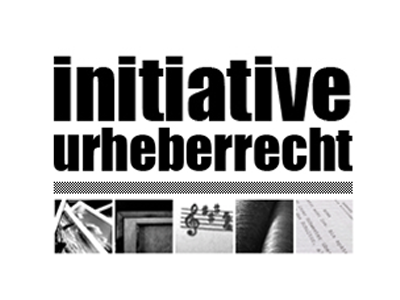
“[The report] decisively takes the side of creatives [in calling for strengthening their negotiating position]”
Initiative Urheberrecht (DE, creators)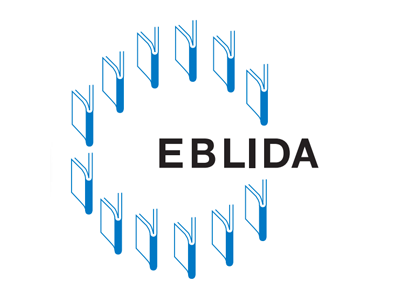
“[We] support the Reda report, which raises several issues that concern libraries, notably the right for e-lending”
EBLIDA (EU, libraries)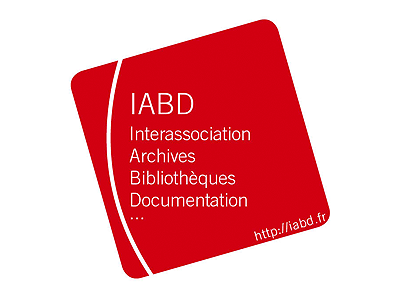
“Formally supporting the proposals made by MEP Julia Reda”
IABD (FR, libraries and archives)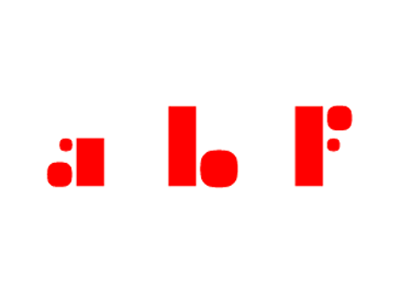
“The AFB … encourages librarians to call French MEPs to reject amendments designed to dilute or subvert the proposals of the Reda report.”
ABF (FR, libraries)
“convincing” in its “professionality of presentation” and “comprehensive expertise and courage” (Prof. Kuhlen)
Copyright for Education and Science (DE, broad alliance)
“The coordinating committee of Humanistica publicly supports the Reda Report. … This text deserves the attention of the scientific community … such harmonization of copyright would benefit scientific research”
Humanistica (FR, digital humanities)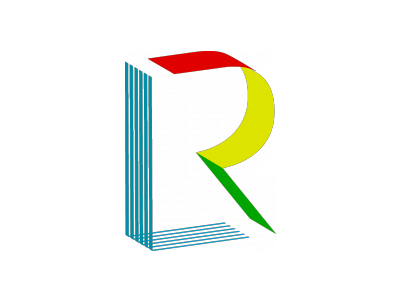
“A report that we support”
Romaine Lubrique (FR, public domain advocacy)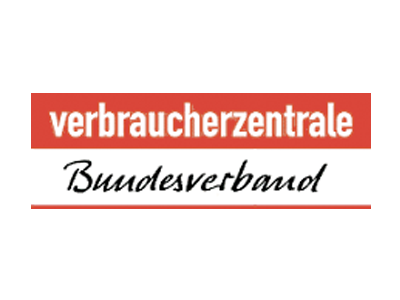
“Many good proposals”
Verbraucherzentrale (DE, consumer protection)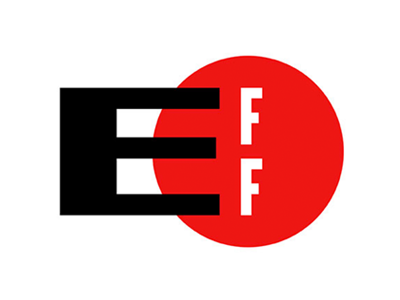
“Reda’s proposals provide a road-map for how to get from a convoluted system of 28 different markets, each with different copyright rules, towards a system where licensing rules and users’ rights are harmonized”
EFF (US, digital rights)
“The European Parliament must follow the Reda Report!” “The proposals can have a positive impact on creation itself, but also on research, education and access to culture.”
La Quadrature du Net (FR, digital rights)
“To create a European copyright fit for the present and the future, which reconsiles freedom of expression and artistic freedom with the legitimate interests of creators and distributers, the Commission must take up the Reda report”
Digitale Gesellschaft (DE, digital rights)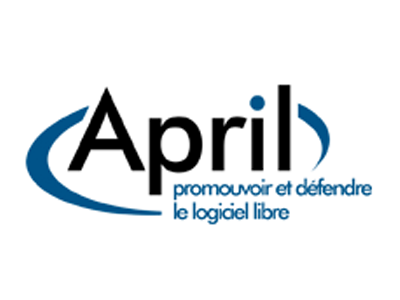
“This report points to practical ways of reforming copyright, including the issue of DRM (digital handcuffs).”
April (FR, open source software)
“This draft report constitutes a positive first milestone in a long path ahead”
OpenForum Europe (EU, open standards/industry)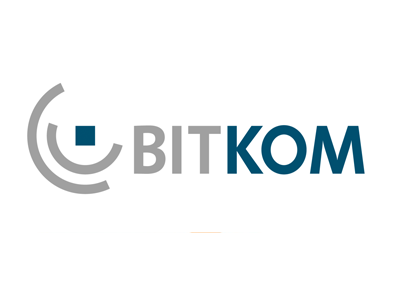
“The report makes constructive proposals for the modernisation and unification of copyright in the EU”
Bitkom (DE, IT industry)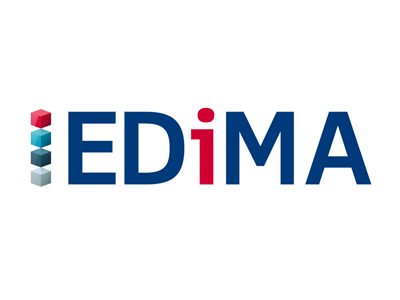
“EDiMA is encouraged by the balance shown in the report”
EDiMA (EU, online platforms)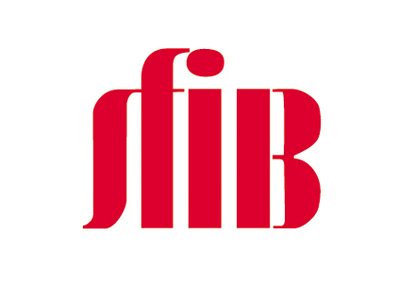
“SFIB praises the quality of the report”
SFIB (FR, IT industry)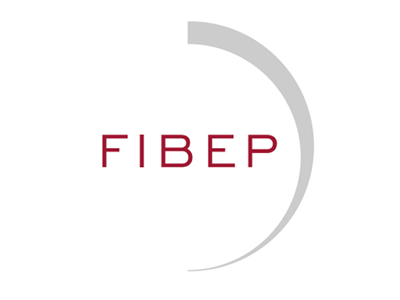
“provides optimism for reform of EU’s copyright framework”
FIBEP (Global, media intelligence industry)
Public:
- 140 comments and 585 votes on Discuto
Experts:
Refreshing and succinct read […] copyright law needs to be harmonised both to update it and to ensure that the body of law is unified
– Joel Smith, partner at Herbert Smith Freehills
The harmonization of copyright law and anti-piracy measures, and the ability to enforce an EU-wide copyright title, would surely encourage the free movement of online and digital services in the EU. […] without [harmonisation] there will surely be a barrier to innovative online start-ups in Europe […] it is possible that a gradual approach to harmonisation is more appropriate, with a single European copyright title being a step too far at present. […] at present, greater flexibility similar in style to the US fair use model is arguably more appropriate [than codifying the scope of digital copyright with greater specificity]”
–Theo Savvides, partner at Bristows focusing on IP disputes and Flora Greenwood, IP associate
“Following years of vague statements …, it is refreshing to see that what is proposed sounds major.”
–Eleonora Rosati, Copyright Law & Policy Consultant
Press quotes:
“It is hugely important, because it raises in such a clear and thoughtful way most of the key problems with today’s copyright.”
–Glyn Moody, Techdirt.com
“Julia Reda demonstrates that her party does not intend to destroy copyright. … A very balanced overall project … mostly, it makes common sense”
–Nicolas Gary, ActuaLitté
While some associated with the Pirate Party movement are seen as being fundamentally anti-copyright, that’s not the remit of Reda’s report, which does propose some sensible measures that some in the music community might quietly commend.
–Chris Cooke, Complete Music Update
“It’s amazing how much the vision of Reda is shaped by common sense rather than ideology.”
–Dario d’Elia, Tom’s Hardware Italia
“Her proposals remain wise, contrary to the cries of outrage from some officials during the preparation of the text.”
–Jean-Sébastien Lefebvre, Contexte
For all press articles and public reactions by organisations, see my press clippings page.
To the extent possible under law, the creator has waived all copyright and related or neighboring rights to this work.

Thanks: a beautifully produced report, showing an excellent understanding of the complex issues involved. Let’s now hope for some action!
Dear Julia, Thank you for the wonderful outreach discussion about the issues of copyright. I look forward to working with you on this issue in the USA. My best regards,
Gerald Shields
Important work to facilitate cross.European research and development. Civil rights organizations and non-profits, especially the ones working on Open Access, need to be involved.
An important impulse for the revision of the German Copyright Act